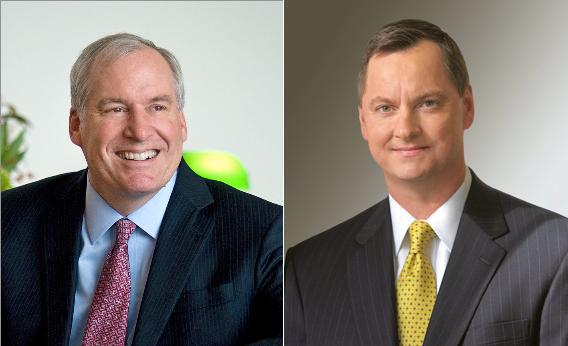One question you have to ask yourself about today’s good numbers is whether this is really any different than the streak of good data that ended 2011 before fading away. I’m not sure that it is. But if we do see a real recovery in 2013, it’ll most likely be because of a better outlook from the Federal Reserve.
I think last year’s nascent “Recovery Winter” turned into a bust in part because the Federal Reserve failed to target the forecast, blithely putting out weak projections in early 2012 without doing anything about it. QE 3, though far from my ideal policy, seemed to signal a change in attitude in which Ben Bernanke had created a consensus for the idea that the Fed should be doing enough open market operations to hit its targets. That shifts the debate off the unfruitful terrain of “how much should we do” and onto the more useful grounds of “what should we be trying to accomplish”? And the better news is that starting next year we’ll have a better lineup at the Federal Reserve’s Open Market Committee.
For starters, in early 2013 unlike in early 2012 we’ll actually have Barack Obama’s full lineup of Federal Reserve Governors in place. His sluggishness in getting this done has been a fiasco and the Senate Republicans’ lack of cooperation a scandal but it’s done now. But even better, the rotating cast of regional Federal Reserve Bank presidents is going to include Eric Rosengren from Boston and Charles Evans from Chicago—probably the two American central bankers most determined to act forcefully to help the labor market. Evans has been covered extensively on this blog, but though Rosengren has been less outspoken he’s always said smart stuff and gave an excellent speech yesterday at Babson College concluding that zero interest rates should persist until unemployment falls to 6.5 percent or so.
The new lineup will also include James Bullard from the St Louis Fed who has misguided ideas on this subject, but he’s no worse than Richmond’s Jeffrey Lacker and I think his talks are more data-oriented than Lacker’s so he may actually be open to persuasion.
